How To Store Freshly-Pressed Juices For Maximum Nutrient Retention
Last updated on
As any long-time juicing aficionado knows, the best time to drink any juice you make is the moment it’s juiced/extracted. Sometimes though, you make too much, you don’t have the chance to drink it immediately or you just want to have some ready so you aren’t standing next to your juicer all day. Here are some tips on how to store fresh juices for maximum nutrient retention.
Whether you’re juice fasting or just a fan of fresh juice, this guide to keeping your juice healthy has you covered.
How To Store Fresh Juices For Maximum Nutrient Retention
1. Plan Ahead
How much juice are you and your family going to drink? What kinds of juice do you like? Answer these simple questions and keep them in mind while you shop. This will cut down on waste or excess juice.
 2. Use A Slow Juicer
2. Use A Slow Juicer
If you’re planning on having your juice more than one day after you make it, use a slow juicer, it can be any of these: masticating, twin-gear juicers or this hydraulic juice press.
Popular centrifugal juicers only produce juice that is good for up to 24 hours. Cold-pressed juice on the other hand can last up to 72 hours (sometimes even more). As an added benefit slow juicers are more efficient and will yield more juice than centrifugal juicers.
3. Always Use Fresh, Organic Produce
The point virtually argues itself. Fresh, organic produce is free of harmful chemicals and pesticides, which makes for healthy and flavorful juice. Without industrial chemicals and pesticides included in the juice, it can store for longer. Organic produce also isn’t genetically modified in any way.
 4. Store Your Juice Right Away
4. Store Your Juice Right Away
As with water, sunlight and air can degrade the juice over time. For best results, juice your fruits and vegetables straight out from the fridge, and store your juice the moment it’s done juicing. This will keep it fresher for a longer period of time.
Adding lemons in your juice can add more mileage to the storage duration.
5. Use A Non-Plastic Airtight Container
Avoid plastic bottles or containers as much as possible, even the BPA-free ones. We’ll get into why this is important later on.
6. Fill It All The Way Up
If you are storing your juice in a mason jar or a container, fill it all the way up to the brim. This keeps out air (oxygen) as much as possible, to prevent the juice oxidizing over time.
7. Label Your Juice
Your juice is going to look very different from the fruit or vegetables it came from, especially if you mix fruit and vegetables together to make your juice. You’ll want to know whether you’ve got grape juice or onion juice in your hand before you start drinking it. Label the jars using masking tape that can be easily removed/changed.
8. Don’t Add Ice
Since you’ll be filling your container to the brim, do not put them in the freezer, especially if you use a glass container. If you use a glass container, the frozen juice can shatter the glass as it expands. Freezing the juice in general ruins the taste, even after you thaw it out.
How Long Can You Store Your Juice?
So long as you follow all the guidelines above, your juice can last up to 3 days (72 hours) or sometimes more. The reason why it is best to store your juice as soon as it’s done juicing is because juice is vulnerable to a natural process called oxidation.
Oxidation, combined with exposure to air and sunlight, reduces the quality of your juice and ultimately causes it to go bad.
The process of oxidation is the same process that causes metal to rust and apples to turn brown when you cut them open.
What happens is that the produce you juice no longer has its skin to protect it from oxidation, allowing oxygen molecules to interact with the now exposed fruit or vegetable. The oxygen then burns the cells that make up that fruit or vegetable, causing it to develop brown spots and spoil.
If you think about it, juice is essentially liquefied fruit and vegetable cells—so long as it remains in its container and in a cool, dark place, the oxidation process slows down. Oxidation begins the moment you peel your produce or place it in your juicer, making oxidation inevitable. The best you can do is save it by following the guidelines above.
Storage Options For Your Fresh Juices
1. Mason Jars
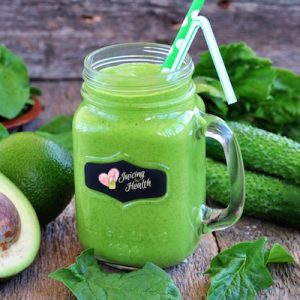
The only thing left to worry about is potential light exposure but once they’re stored in the fridge, they’re fine.
Mason jars are also dishwasher safe, making cleanup simple. I like mine with handles. Get your mason jar mugs here.
2. Glass Bottles
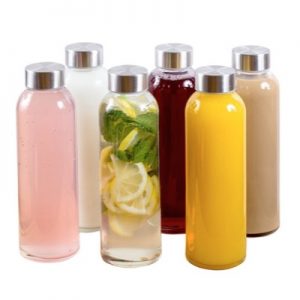
With the exception of the vacuum-sealing lid, glass bottles have many of the same benefits as mason jars.
Some come with a silicone sleeve you can place over the bottle to prevent condensation and reduce light exposure. The size and shape also make it great for adding to your kids’ lunchboxes. Get your glass bottles here.
3. Glass Pitchers
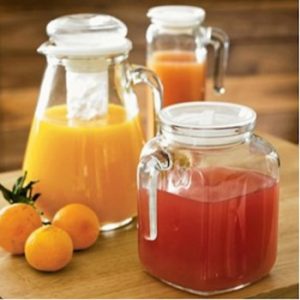
Glass pitchers hold more than a mason jar or glass bottle, but some come with an ice chamber you can insert into the pitcher to keep your juice cold without watering it down.
Others come with an infuser to allow the addition of fresh herbs or additional whole fruit without the hassle of getting it back out later. Get your 64oz (2L) glass pitcher here.
4. Stainless Steel Jugs
When you want to make an especially large amount of juice, a stainless steel jug is a good option too. Stainless steel is lighter than glass and blocks out all light the moment you put the lid on the container. Steel also won’t break if you drop it, making smaller jugs great for families with children and pets. If you get an insulated jug, the content will stay cold for a lot longer than usual as well.
Here’s Why You Must Not Use Plastic Containers
Although plastic containers are durable, lightweight and inexpensive, it can still leak chemicals and toxins into your food and drink. Plastic also is not completely airtight, meaning it can still allow for oxidation and, by extension, food spoilage.
The exclusion of BPA does not matter either because plastic still contains a number of chemicals that are harmful to your health.
One less chemical does not automatically make plastic safe. This is part of why some countries have begun banning plastic water bottles. Some of the other harmful chemicals found in plastic include phthalates, which can harm your immune system, and polyvinyl chloride, which has been linked to cancer.
Conclusion
If after 72 hours your juice changes color or does not taste right, throw it out. Don’t try to drink your juice in that state as that can cause health problems of its own.
The best thing you can do as far as having the freshest juice possible is to make it in a slow juicer, store it in a non-plastic container and drink it as soon as possible. These measures will ensure the highest nutrient content.
Go to the Juice Fasting Section for more articles.
Happy Juicing!
Some of the links I post on this site are affiliate links. If you go through them to make a purchase, I will earn a small commission (at no additional cost to you). However, note that I’m recommending these products because of their quality and that I have good experience using them, not because of the commission to be made.
Comments
Leave a Reply

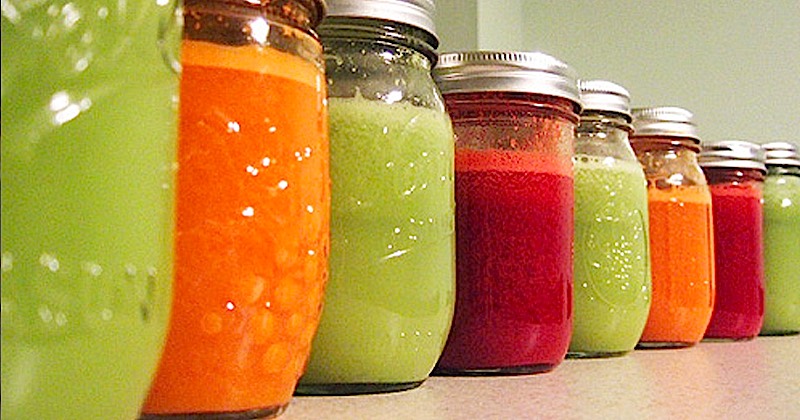
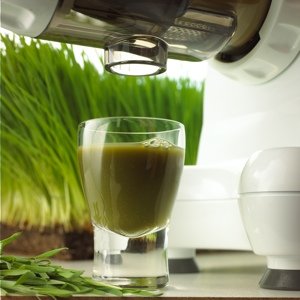 2. Use A Slow Juicer
2. Use A Slow Juicer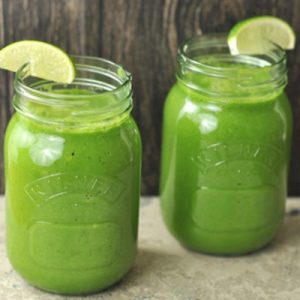 4. Store Your Juice Right Away
4. Store Your Juice Right Away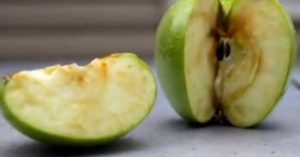































 JOIN OVER
JOIN OVER
Thank you. Very helpful informative article. Well written and organized.
Thanks. You have answered all the questions I had. Appreciate this article.
I love your photo at the top of the page. I’m creating a local juicing group as we have no juice bar in town, and I was wondering if I could have permission to use this photo in a private FB group. Thank you!
Great article. I like to prepare juice for 3 days since I don’t have time to do it everyday.